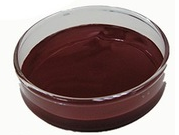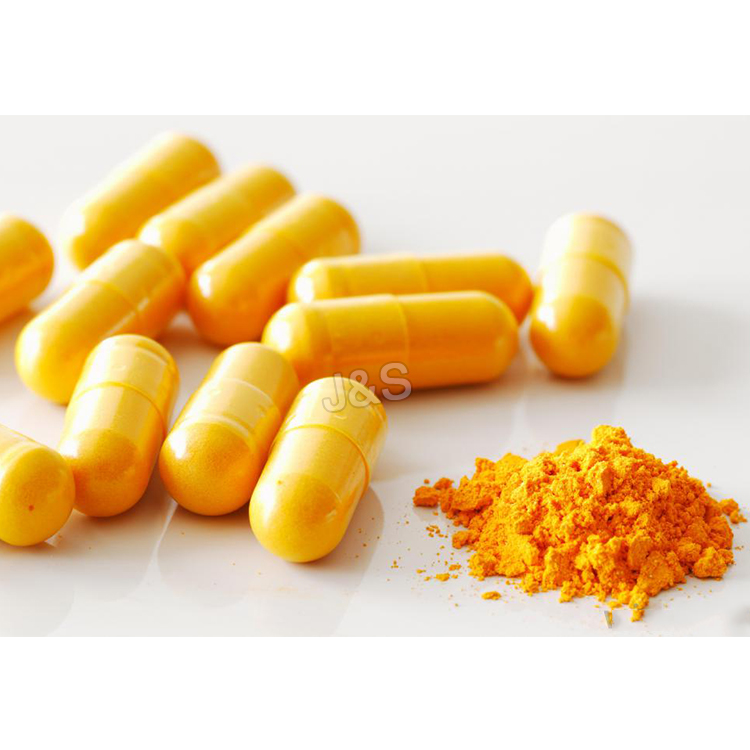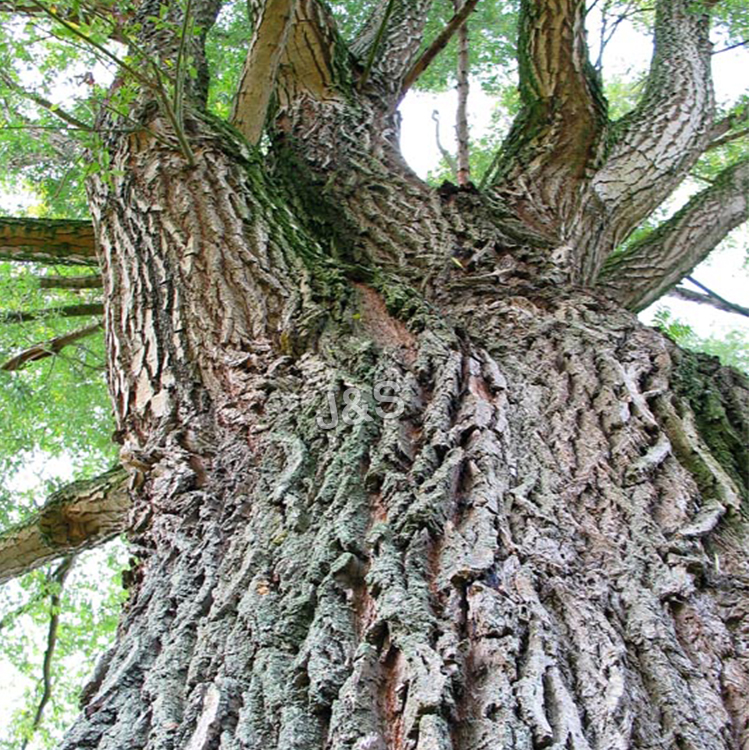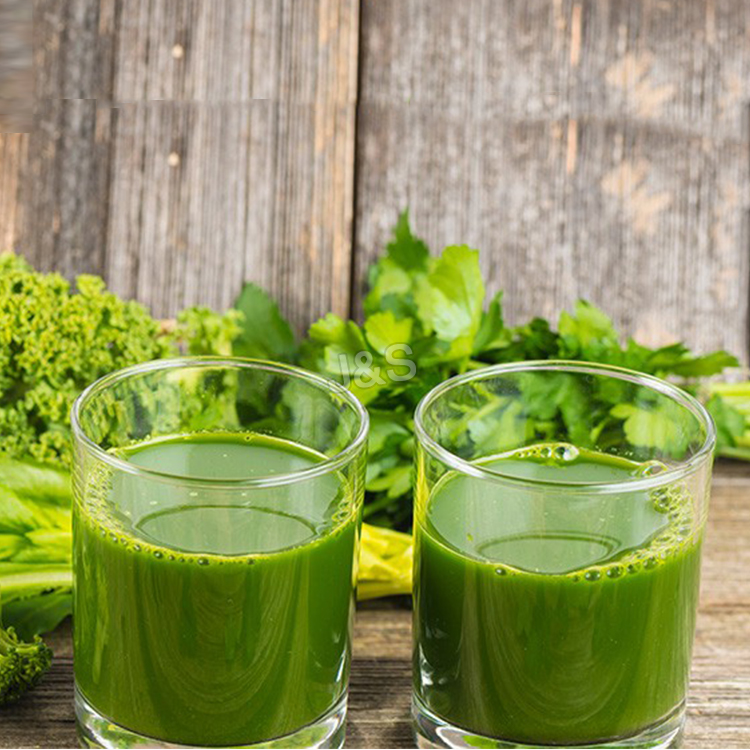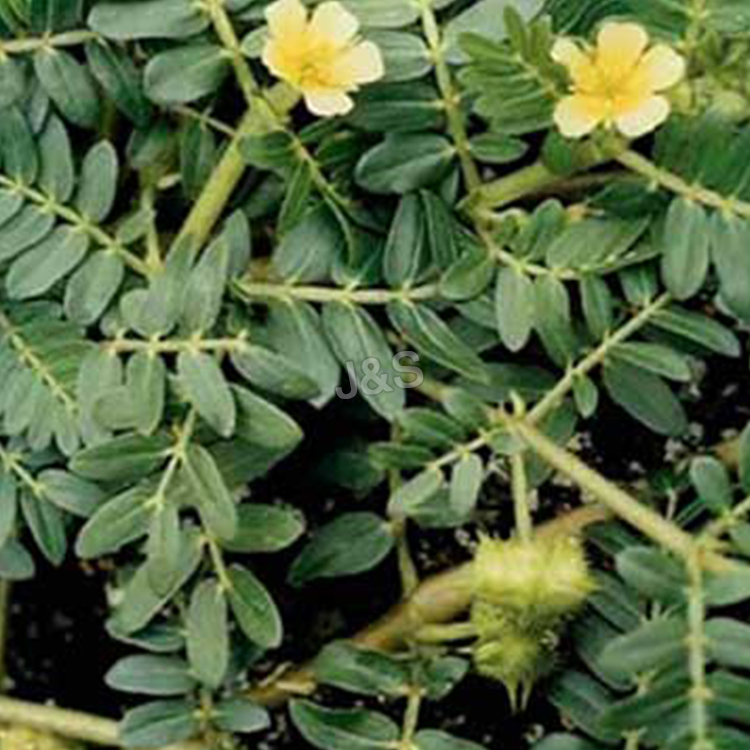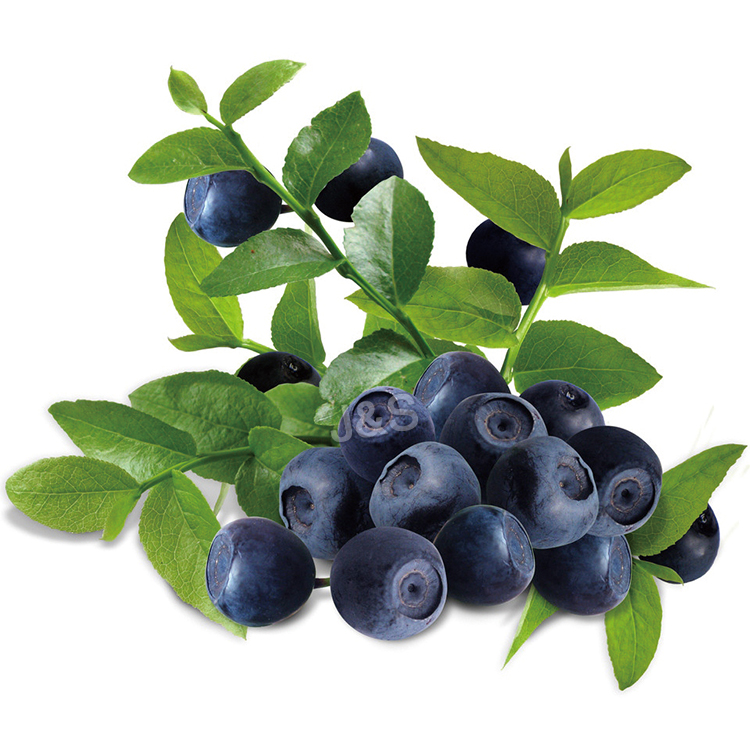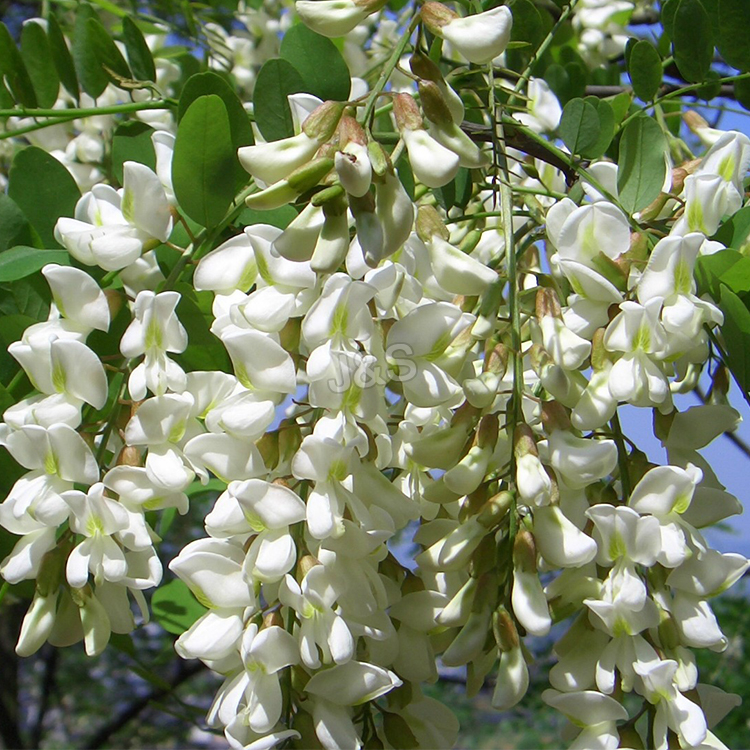Hot sale good quality Astaxanthin Factory in Palestine
Hot sale good quality Astaxanthin Factory in Palestine Detail:
[Latin Name] Haematococcus Pluvialis
[Plant Source] from China
[Specifications]1% 2% 3% 5%
[Appearance] Dark red Powder
[Particle size] 80 Mesh
[Loss on drying] ≤5.0%
[Heavy Metal] ≤10PPM
[Storage] Store in cool & dry area, keep away from the direct light and heat.
[Shelf life] 24 Months
[Package] Packed in paper-drums and two plastic-bags inside.
[Net weight] 25kgs/drum
Brief Introduction
Astaxanthin is a natural nutritional component, it can be found as a food supplement. The supplement is intended for human, animal, and aquaculture consumption.
Astaxanthin is a carotenoid. It belongs to a larger class of phytochemicals known as terpenes, which are built from five carbon precursors; isopentenyl diphosphate and dimethylallyl diphosphate . Astaxanthin is classified as a xanthophyll (originally derived from a word meaning “yellow leaves” since yellow plant leaf pigments were the first recognized of the xanthophyll family of carotenoids), but currently employed to describe carotenoid compounds that have oxygen-containing moities, hydroxyl or ketone , such as zeaxanthin and canthaxanthin. Indeed, astaxanthin is a metabolite of zeaxanthin and/or canthaxanthin, containing both hydroxyl and ketone functional groups. Like many carotenoids, astaxanthin is a colorful, lipid-soluble pigment. This colour is due to the extended chain of conjugated (alternating double and single) double bonds at the centre of the compound. This chain of conjugated double bonds is also responsible for the antioxidant function of astaxanthin (as well as other carotenoids) as it results in a region of decentralized electrons that can be donated to reduce a reactive oxidizing molecule.
Function:
1.Astaxanthin is a powerful antioxidant and may protect against oxidative damage to body tissues.
2.Astaxanthin can improve the immune response by increasing the number of antibody producing cells.
3.Astaxanthin is a potential candidate to treat neurodegenerative disease such as Alzhimer and Parkinson diease.
4.Astaxanthin dan reduce UVA-light damage to skin such as sunburn, inflammation, ageing and skin cancer.
Application
1.When applied in pharmaceutical field, astaxanthin powder has the good function of antineoplastic;
2.When applied in health food field, astaxanthin powder is used as food additives for pigment and health care;
3.When applied in cosmetic field, astaxanthin powder has the good function of antioxidant and anti-aging;
4.When applied in animal feeds field, astaxanthin powder is used as animal feed additive to impart coloration, including farm-raised salmon and egg yolks.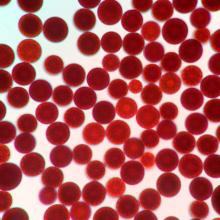
Product detail pictures:
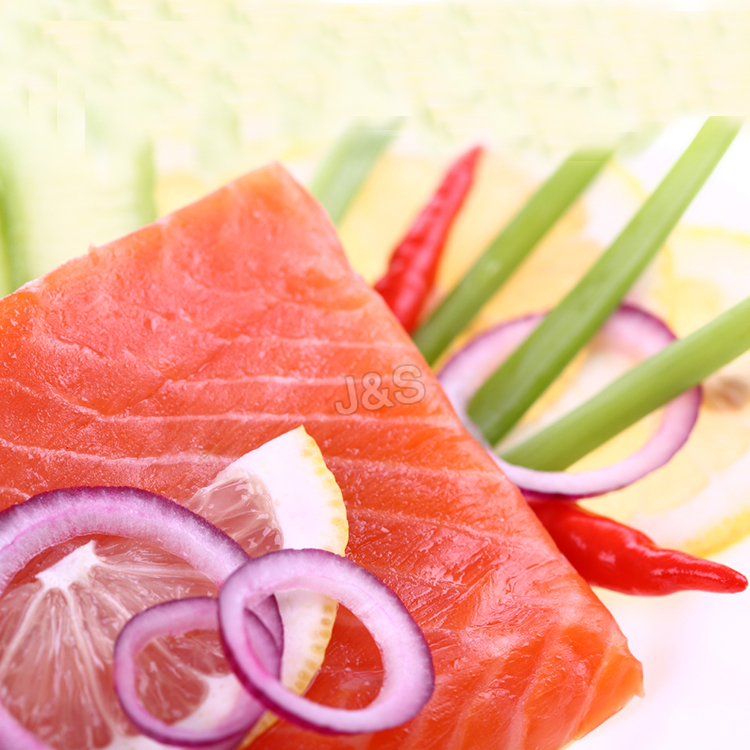
Related Product Guide:
Hot sale good quality Astaxanthin Factory in Palestine , The product will supply to all over the world, such as: , , ,
Glycogen is storage pollysaccharide found in animals and is also known as animal starch. other important pollysaccharides are chitin, agar, inulin, mycopollysaccharide, etc…
Allergic rhinitis is a common condition, affecting an estimated 10 to 20% of the US population. It is a type of allergic reaction that happens when your immune system overreacts to inhaled substances and the body releases chemicals that cause allergy symptoms.
Common allergens that can cause allergic rhinitis are tree and grass pollen. Other allergens include dust mites present in bedding, mold spores in the air and pet dander.
There are two types of allergic rhinitis –seasonal (known as hay fever) and perennial that occurs year-round. Symptoms include repeated sneezing, runny nose, itchy nose, nasal congestion and watery or swollen eyes.
It can also give rise to symptoms like sore throat, dry cough, headaches, fatigue, weakness and dark circles under the eyes.
Allergic rhinitis symptoms can affect the quality of life of the sufferers. To reduce symptoms, you can use some natural home remedies that are inexpensive and effective.
Here are some home remedies for allergic rhinitis.
1. Saline Water
One of the first steps to treat allergic rhinitis is to remove mucus from the nose with the help of a saline nasal wash.
1. Mix 1 teaspoon of salt and a pinch of baking soda in 2 cups of warm distilled water.
2. Using a nasal bulb, snort a small amount of this solution into one nostril.
3. Allow the solution to drain back out through the other nostril or through the mouth.
4. Gently blow your nose to remove excess mucus and solution.
5. Follow this same process with the other nostril.
6. Repeat this remedy a couple of times daily until your condition improves.
2. Steam
Inhaling steam on a regular basis will help clear the nasal passages of excess mucus and any irritants. This in turn will help get rid of allergic rhinitis symptoms, such as sneezing, runny nose and sore throat.
1. Pour boiling water in a big bowl.
2. Add 3 or 4 drops of any essential oil of your choice like eucalyptus, peppermint, rosemary or tea tree oil.
3. Cover your head with a towel and lean carefully over the bowl.
4. Deeply inhale the steam for 5 to 10 minutes, then blow your nose thoroughly.
5. Repeat several times a day until you recover completely.
3. Ginger
Ginger is another useful home remedy for allergic rhinitis. It works as a natural antihistamine and has antiviral, antibacterial, anti-inflammatory and immune-boosting properties that help relieve rhinitis symptoms like nasal congestion, runny nose, cough and even headache.
• Add 1 tablespoon of grated ginger, a few cloves and a small piece of cinnamon to 1 cup of water. Boil for 5 minutes, strain and add a little honey and lemon juice. Drink this herbal tea up to 3 times daily during the allergy season.
• Also, chew small pieces of fresh ginger several times a day as well as include ginger in your cooking.
4. Turmeric
To reduce the risk of any kind of allergy, turmeric is a good consideration. It is a powerful antioxidant and anti-inflammatory agent with immune-boosting properties. It can help reduce symptoms of allergic rhinitis like congestion, cough, dry mouth and sneezing.
• Prepare a mixture with 6 tablespoons each of turmeric powder and raw honey. Mix well and store it in an air-tight container. Have 1 teaspoon of this mixture 2 times daily during the allergy season.
• Alternatively, drink 1 glass of warm turmeric milk daily to keep your immune system strong.
• You can also use turmeric in your cooking or take turmeric supplements after consulting a doctor.
5. Garlic
Garlic contains quercetin, a natural antihistamine that can be very effective in treating allergic rhinitis. Plus, garlic has antibiotic, antibacterial, antiviral and immune-boosting properties that promote quick recovery.
• Chew 2 to 3 raw garlic cloves daily to combat the various symptoms of allergic rhinitis.
• Also include garlic powder or raw garlic in your day-to-day cooking
• People with a history of allergies can benefit from taking a garlic supplement daily during the allergy season. Consult your doctor for the correct dosage.
Please Like and Subscribe Us! Thank You
======================================================
The materials and the information contained on this channel are provided for general and educational purposes only and do not constitute any legal, medical or other professional advice on any subject matter. Always seek the advice of your physician or other qualified health provider. If you have or suspect that you have a medical problem, promptly contact your health care provider.
Images licensed under CC:
https://pixabay.com/
https://www.flickr.com/
https://commons.wikimedia.org/
 By from -
By from -
 By from -
By from -

